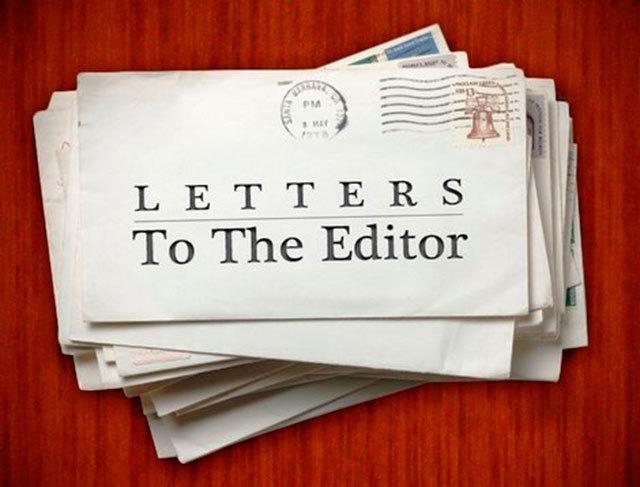Uphold the ban
Presently, Clallam County has a ban on roadside spraying. This ban was passed 26 years ago by the county commissioners.
However, a draft ordinance creating a chapter titled “Integrated Weed Management” presented at the recent commissioners meeting if passed would change this ban on herbicide spraying.
The county’s use of herbicides to control weeds is unacceptable. This plan would open the floodgates to spraying of not only Roundup but other toxic chemicals.
I attended the Oct. 18 county commissioners meeting and yes, there were people on both sides of the issue that spoke.
Little was mentioned of the letters that were sent to the county commissioners questioning the specifics of this Integrated Weed Management Plan and oversight power of the Noxious Weed Control Board.
Protecting our children, pets, property and pollinators should be the foremost concern of our publicly elected county officials.
Uphold the ban.
Ernie Kozun
Sequim
The conversation we, as a nation, need to have
It’s time for a new conversation, because the ones we’re trying to have right now won’t get us where we, as a nation, as communities, as individuals, want and need to be.
When the conversation is just about race, it’s insufficient.
When the conversation focuses only on economic issues, it’s not enough.
When the conversation is framed primarily by social and cultural questions, it’s too narrow.
When the conversation is driven by partisan political allegiances it becomes a debate, not a dialogue.
When the conversation is simple and straightforward, without complexity, disagreement or contentiousness, it’s a monologue.
When the conversation is about which “us” versus which “them,” it will never be about how “we” can find common ground, how “we” can live and prosper together, how “we” can unite.
When the conversation is not about what “we” stand for regardless of race, religion, ethnicity or any other characteristic used to divide us, it will not propel us toward a bright, shared vision of America.
Yet it is precisely that vision, illusory as it may seem at times, that has been a beacon for countless millions spanning multiple generations.
Let’s start that new conversation.
Ken Stringer
Sequim
What’s up with labels?
Can anyone tell me what they are doing with all those address labels they get from various charities, all throughout the year?
In this time of emails and other social media, why are we still getting address labels? True, being of the “old school” I still send bills and occasional letters through the U.S. mail. But that uses up, at best, two or three of those address sheets every year.
I have used some labels to mark a chair or table which I have loaned out. All the others I tear up and throw out.
A couple of times I wrote to a charity, asking them not to send stamped envelopes, (what a waste of stamps), or to stop their mail to me, but it was to no avail.
There seems to be no human being reading those requests, much less answer them or act upon them.
The same goes for wrapping paper, calendars or note pads. At best they end up at second-hand stores. In order to “reward” us for donating, the charities essentially create throw-away stuff. What good is that?
Certainly I understand the reasoning behind all the mailings, but does it do anyone any good? It is a never ending stream of labels.
And truthfully, it gets annoying and I am reluctant to contribute to their causes. Maybe someone has a good idea.
Respectfully,
Renate Melvey
Sequim



